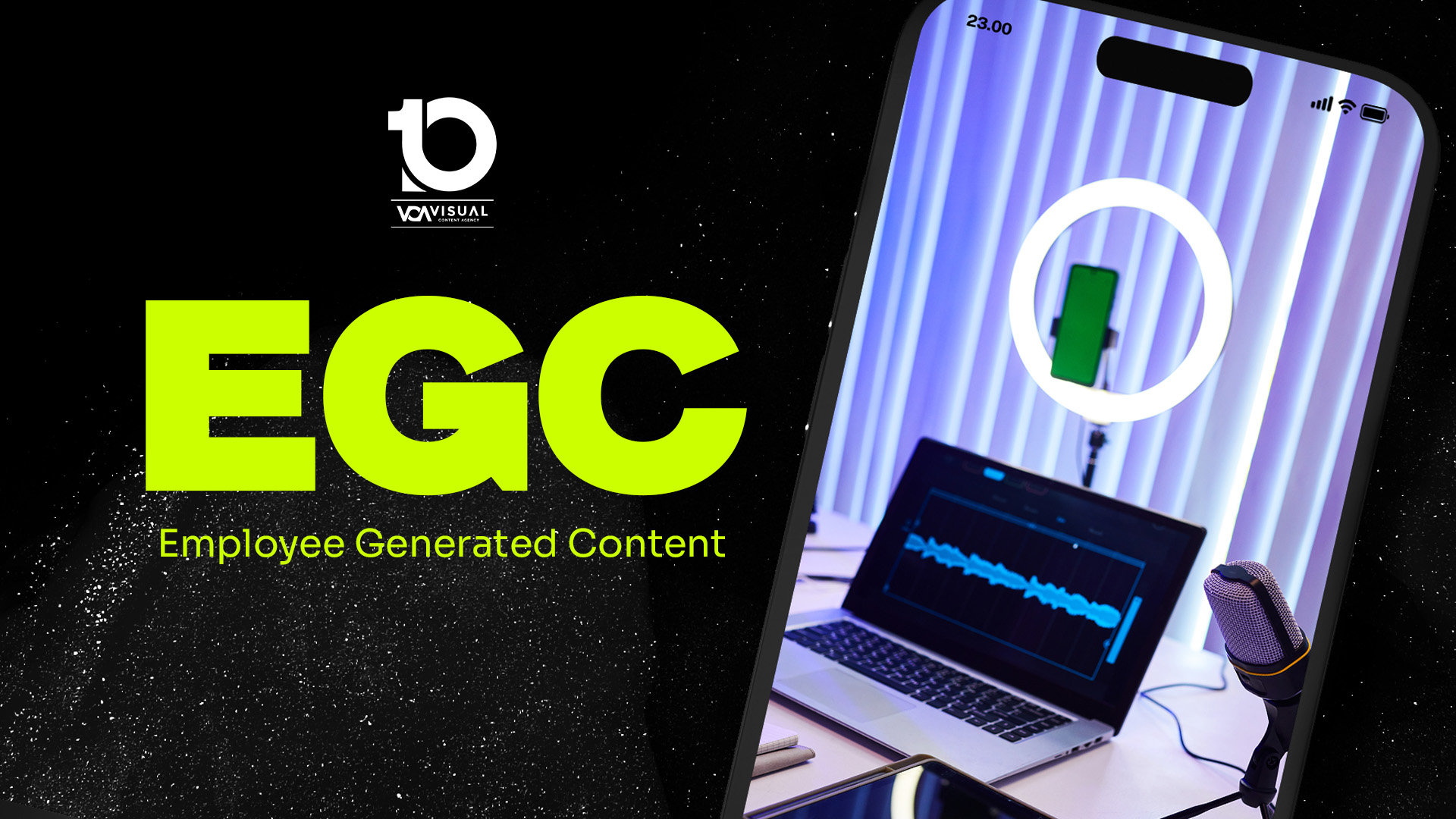The era of influencer marketing, once the crown jewel of social media strategies, is nearing its twilight. As brands navigate the evolving landscape of digital marketing, a new player is emerging as the frontrunner: Employee-Generated Content (EGC). This shift represents a fundamental change in how brands build trust and foster genuine connections with their audience.
The Shift from Influencer Marketing
Influencer marketing, which once boasted impressive engagement rates and vast reach, is experiencing a decline in its effectiveness. A study by Influencer Marketing Hub reported a decrease in engagement rates for influencers across multiple platforms, with micro-influencers seeing a drop from 3.6% in 2019 to 2.4% in 2022. Additionally, the Edelman Trust Barometer revealed that trust in influencers has waned, with only 38% of people finding influencer content trustworthy, compared to 51% in 2018.
The Rise of Employee-Generated Content
In contrast, Employee-Generated Content (EGC) is gaining traction as a more authentic and relatable form of brand promotion. EGC involves content created by employees about their experiences, insights, and daily activities related to the brand. This type of content resonates more with audiences as it offers a genuine inside look into the company, fostering a deeper connection and trust.
Statistics Supporting the EGC Movement:
- Trust Factor: According to a study by MSL Group, brand messages shared by employees have 561% more reach than the same messages shared by the brand’s official social media channels. Additionally, employees are seen as three times more credible than CEOs when it comes to talking about their company’s work environment.
- Engagement Rates: Content shared by employees receives eight times more engagement than content shared through the brand’s official channels, as reported by EveryoneSocial. This higher engagement is a testament to the authenticity and relatability of EGC.
- ROI and Cost Efficiency: The ROI of EGC is significantly higher than that of influencer marketing. A report by DSMN8 found that companies with active employee advocacy programs enjoy a 27% increase in brand engagement and a 24% increase in revenue. Moreover, leveraging EGC is more cost-effective, as it reduces the need for high fees associated with influencer partnerships.
Embracing the Future
Brands looking to stay ahead of the curve must embrace EGC as a core component of their social media strategy. Encouraging employees to share their experiences not only humanizes the brand but also enhances its credibility and reach. As we move forward, the brands that succeed will be those that harness the power of their employees’ voices to build authentic, lasting connections with their audience.
In conclusion, while influencer marketing will continue to play a role in brand promotion, the future belongs to Employee-Generated Content. By leveraging the genuine, relatable voices of their employees, brands can forge stronger, more authentic connections with their audiences, paving the way for sustainable growth and success in the digital age.

